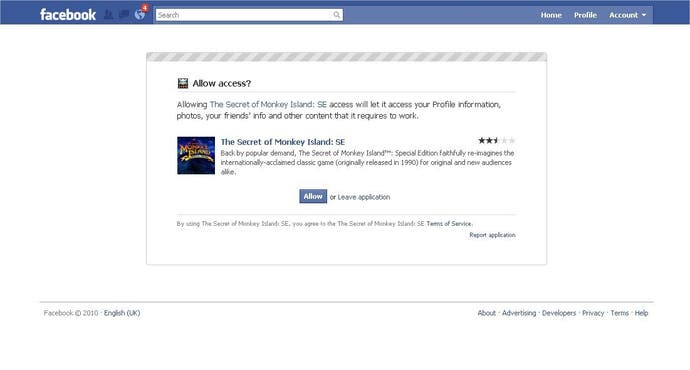InstantAction's Louis Castle
Why Call of Duty will end up in your browser window.
For the time being the ones we're doing are just for PC and Mac. But in time I believe the same thing will happen on a console, where you'll be on Xbox Live or PlayStation Network. You'll find a game through some sort of browser-like experience. It might be the PSN home screen or it might be through the Xbox Live menu system. When you find that game you'll be able to get an instantaneous play of a high-quality game that doesn't require a download. While you're doing that there will be some sort of download that's going to your hard-drive.
The system we've built is actually designed to work like a web server. It takes a space of memory on your computer and then uses that as a cache. It's not a traditional download. Games that might be 16 or 20 gigabytes, it might only manage five or six gigabytes on your hard-drive for that game. So you never really have the whole game on your system at once. But it doesn't matter because it uses your connection to keep the content in front of you, so you don't have to wait very long to get it.
The same kind of thing would apply very naturally to the consoles, the Xbox and the PlayStation. But as we're finding with the PC publishers, it's a very different business model. It's completely alien. And so it would take some time working with Microsoft and Sony to get to where we could deliver that. We're just not focused on it right now. But I believe it'll happen. If we don't do it, somebody will.
I'm infamous out there about bashing the bricks-and-mortar retailers. When they offer a service, which is the browsing the boxes and informing the customer, especially like a GameStop where you used to have people who knew what they were talking about, there's value there. It's like going to a record store. There aren't many of those around any more. The people who know about the products, that's a real value the retailers are providing.

Where I have an issue with the retailers is when they do the resale of a game because the law allows them to do it. By doing so they don't pay the publisher anything. They promote that as strongly, or even more strongly than the actual full sale game.
Essentially what they're doing is they're just quickening the death of the retail space for the publishers. The publishers have to spend more and more on games. They're not getting any cheaper to build. The big ones are getting a big audience, true enough. But the vast majority of games don't make money any more because your sales have been so badly chopped out by these retailers that are reselling.
So my answer to the question: what happens to the resellers? Well, as long as they add value I suppose they'll stick around. But if they cease to add value then they won't be around. They'll go back to selling it, in the case of Wal-Mart, everything under the sun. In the case of GameStop, I'm not really sure what.
I feel like they're the ones strangling the goose that's laying golden eggs, so I'm not particularly worried about their problems. I'm really more in for the consumers. Connecting the consumers directly to the people who create the content.
I don't think so at all. In fact my keynote, one of the things I pointedly show, is that we've been waiting since 1995, or maybe even sooner, to see the internet disrupt the game business. And it hasn't yet. There are a lot of reasons why it hasn't, but it hasn't. We did witness it, we just don't realise it yet.
It's like the dinosaur that's been stabbed in the tail - it hasn't got to the brain yet. The Facebook games, and Zynga, and Playdom and Playfish have shown us the future. I don't mean they've shown us the future in the way that many people do, which is all games are going to look like these games. What they have shown us is if you have an entertainment experience that's easy to get into, doesn't require any special requirements - hardware upgrades, anything like that, literally you just click and play - and it's tied to a place where people already are, where you're not trying to drive them to a place, it turns out millions of people will play poker. 20 million a month or something crazy like that. Or 16 million people playing the new FrontierVille in a couple of weeks.
